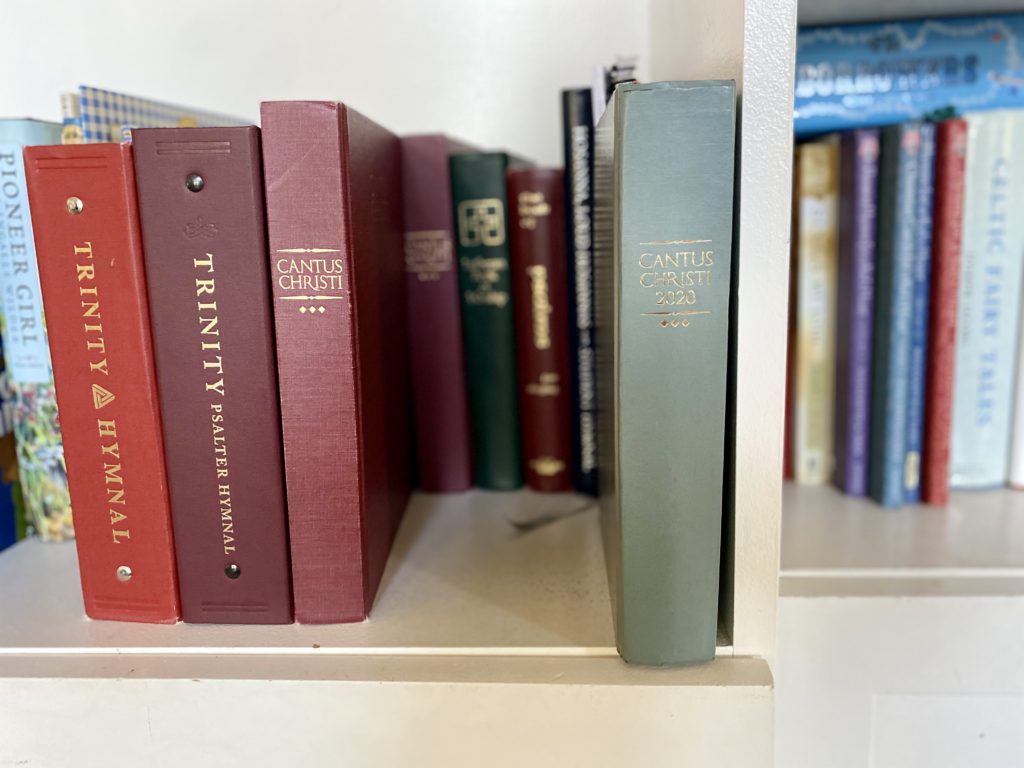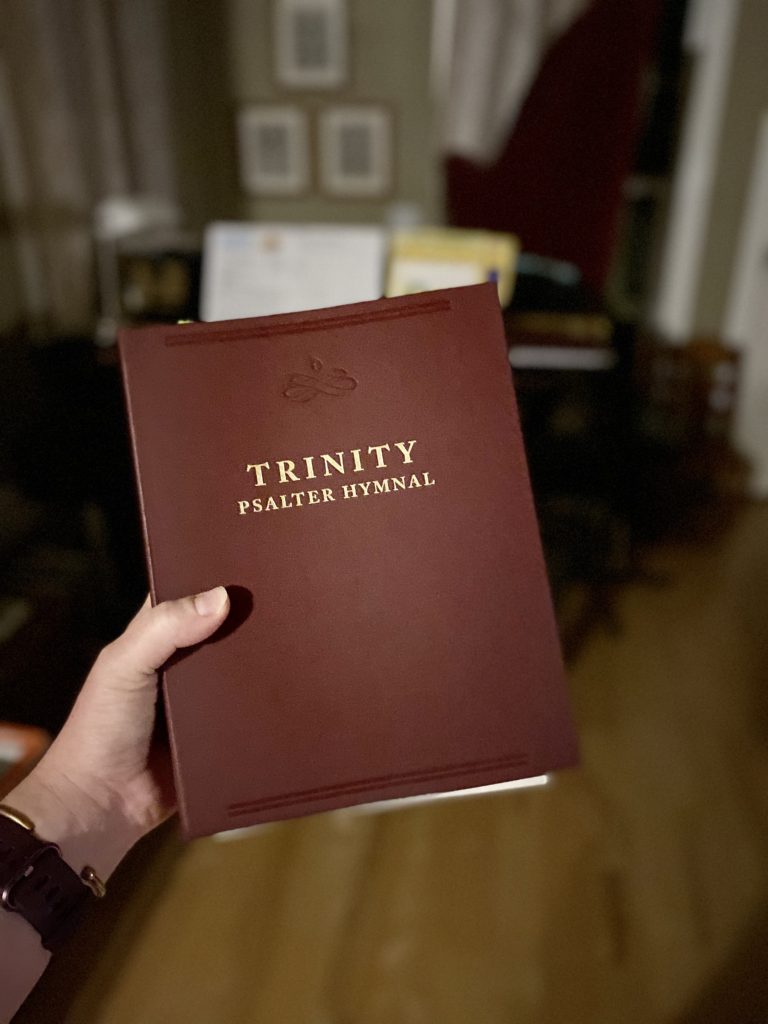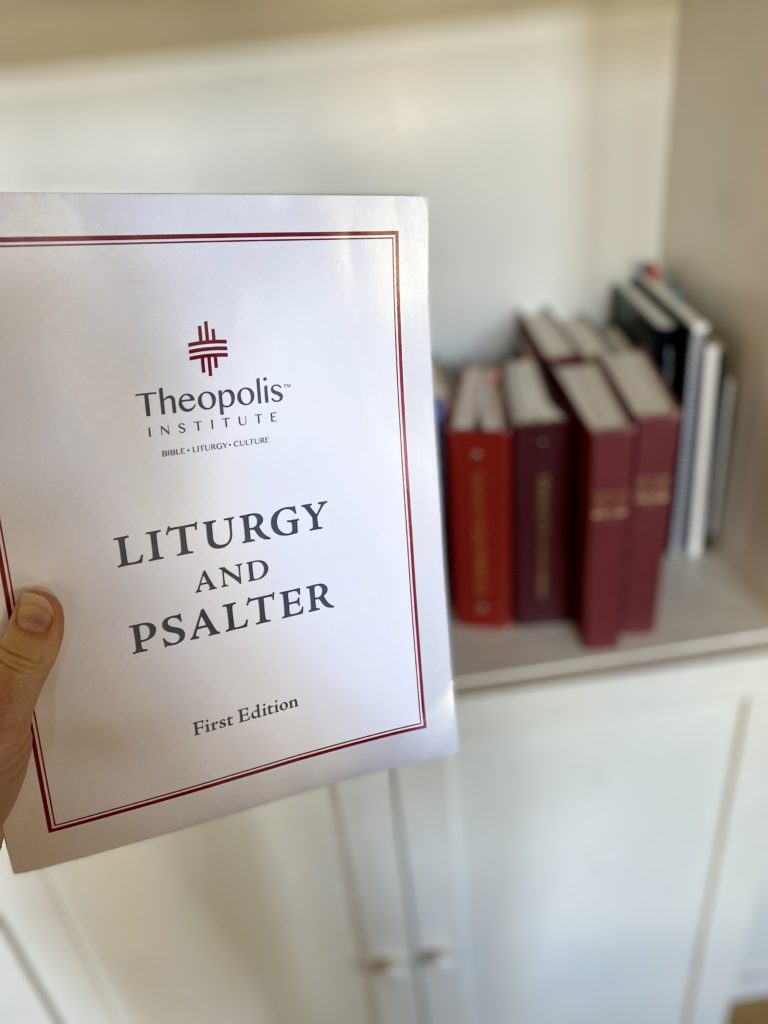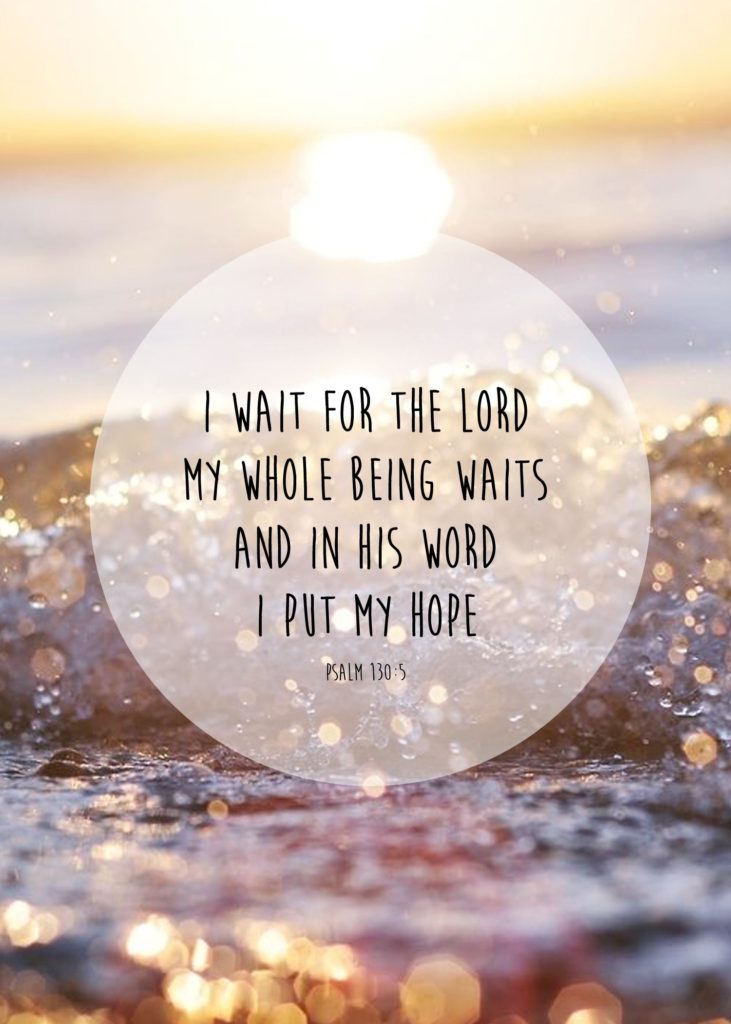You know the old saying, “it’s all Greek to me”? I feel like as I have waded slowly into the Classical education model in our Christian homeschooling, I have to say that much more tongue in cheek. Honestly, I could say, “it’s all Latin to me” quite often, as my three oldest children love their Latin studies… but they do it without me, because I can only grasp so much of it (I love the vocabulary! but please let me hide in a hole when it’s time for grammar and conjugations!) and they honestly take great delight in learning something Mama doesn’t know. They also have extremely high hopes of having a secret language for communicating right over their parents’ heads. This is a challenge I encourage them to pursue. I wish I could take them gallivanting around the Mediterranean sea to explore the remaining vestiges of the Roman Empire as their reward should they succeed.
At any rate. I had long thought that, were we to pursue an officially Classical educational model in our homeschool, we would choose to study Greek over Latin. In fact, when my oldest son was our only genuinely school-aged child, we purchased Songschool Greek in the hopes of doing just that. My husband knew Greek, after all! But I was too tired to figure out how to use the simple textbook properly, and my husband was too busy to consistently help Gabriel with anything more involved than the Greek alphabet. So it went by the wayside.
Fast forward a few years, and I throw around just a couple Greek words very regularly though. I also do still love the occasional rabbit trail of word study when studying Scripture. But I do not have any endeavor too come fluent in any language at this point outside of English. Keeping up with the ebbs and flows of the ever-iterating English language is enough of a task for me.
But if you have been around here with me for more than a hot second, you have surely seen me throw around words like scholé and paideia. Very clearly, I am pulling out some grand misspells or dipping into a separate language. I know I have explained paideia recently in more than one post, but it has been a little while since I have mentioned scholé. My friend Mystie Winckler explains this fairly succinctly here. She says, “Scholé means seeking Truth, Goodness, and Beauty first and foremost, laying aside personal agendas, prideful goals, and desires to control so that we can be open and able to embrace Truth, Goodness, and Beauty when we see it. And we should be seeing it all over the place. God is True, Good, and Beautiful, and we are reflections of Him, called to increase our reflection of Him more and more as we mature and grow all our lives.”
There are many times when I just get so excited about the ways my very favorite Greek words (not including tzatziki or dolma or baklava…) overlap and intersect. My friends at Scholé Sisters have this phrase “scholé every day” as a reminder that this is a daily, continual pursuit. Not one and done. But a habit was continue to cultivate throughout life. Just like pursuing a godly paideia! One of the ways I pursue paideia is through scholé!

A habit I began when I was just a teen was that of playing through hymnals on the piano. Beginning to end. And while I do not always have this practice on repeat, it is nonetheless something that I have repeated often in the last 25 years! It began as a challenge to myself when I was trying to learn the skills of an accompanist. I wanted to be able to serve in churches and other sacred settings, but did not want piano performance to be a stumbling block. So I set out to work my through hymns and psalms in such a way that I would eventually be able to play anything on any page in any hymnal. And even as a 12 or 14 year old, I wanted to do that not to attain a specific self-promoting skill, but to equip myself for sacrificial service. God gave the desire, the will, the stamina, the joy, and the fruit.
I have served as accompanist at every church my family has attended ever since, at least in some capacity (full time, part time, or substitute). I have accompanied at countless hymn sings and psalm sings and family worship opportunities in multiple homes. Eventually, I even learned to accompany more modern settings which required different skills… chord charts and lead sheets are still not something I love, but I can work with them cheerfully when I am serving the body of Christ.
I love to play through hymnals and psalters. Often singing along, but not always. Sometimes focusing on just the music beneath my fingertips. Sometimes quietly meditating on the words my eyes see while my hands are on autopilot. Interestingly, I do not know how many hymnals/psalters I have played straight through in the last couple decades, but I know it has been at least six – plus other compilations of worship music like the Cantica Sanctorum and the RUF songbook. Last night I reached the end of yet another.

Often, after tucking my children into their beds at night, I will be asked to go play the piano. The baby grand in the large family room with the wood floor and high peaked ceiling projects valiantly and echoes throughout the entire house. The children genuinely love hearing their mama play even the most simple of things… and there have been countless times where I will suddenly hear little voices wafting down the stairwell as they join me in some of their favorite psalms or hymns. I fully expect this to be one of the things they remember about their childhood, just as I fondly remember the bedtime routine of my father singing to me while he played guitar and my mother stroking my hair while she quietly sang me a personalized lullaby.
My practice of musicianship for the glory of God and the serving of His people, as well the simple blessing of beauty & rest that it serves to my own soul, is one example of my own #scholeeveryday pursuit of godly scholé. But in the practice of it, I am simultaneously cultivating a godly paideia to nurture the souls of my family.
So perhaps the next obvious question is this: which hymnal or psalter is next on the docket?? It just so happens that I have a short one already queued up.

Or maybe the next question ought to be, what other Greek words should be in my daily arsenal for living in a Christ-focused home, taking my children with me to the feet of the Savior??

